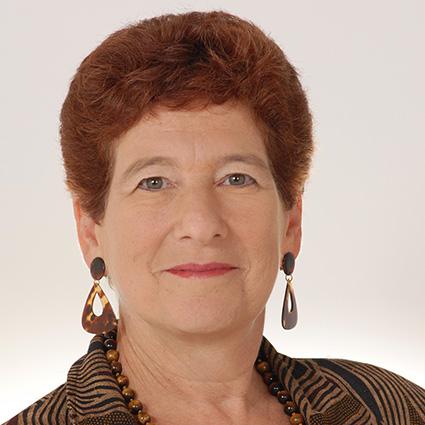Faculty Profile: Dr. Margaret Fahnestock
AUTHOR: Ashley Bernardo

Dr. Margaret Fahnestock, Ph.D.
Professor, Psychiatry & Behavioural Neurosciences, McMaster University
Dr. Margaret Fahnestock is one of the supervising Faculty in the Neuroscience Graduate Program. She took time out of her busy schedule to answer a few questions about her research and to give some advice to current and future graduate students.
Can you tell us a little about your path to research and what drew you to neuroscience?
I always knew I wanted to be a research scientist. At first, I thought astronomy would be my choice, but in 10th grade, I saw an electron micrograph of a virus, and I was hooked! I did my PhD on bacterial chemotaxis in Dan Koshland’s lab in the Biochemistry Department at the University of California at Berkeley, and he always said it was a model for learning and memory. I didn’t believe him and tried endocrinology as a postdoc, but I ended up coming back to the fold and doing a second postdoc in neuroscience with Eric Shooter in the Neurobiology Department at Stanford University. I loved neuroscience, and since then I never considered any other path.
What is your current research focus?
I’ve always worked on regulation of neurotrophins. At whatever level you look, they are finely regulated and exquisitely balanced. We constantly discover new levels of regulation by examining their dysregulation in human disease states – currently, this is Alzheimer’s disease and autism.
How have you seen the field change since you’ve been in neuroscience?
There is much more of a focus now on translation and much less on fundamental science.
What qualities do you look for in students?
Most importantly, the student has to be enthusiastic about science and research. Other helpful qualities include some research experience (so they know they’ll enjoy it), evidence of scholarship (such as good grades) and initiative.
What advice do you have for current and future graduate students?
First, always strive to do what you love. If you think your project is the most fun, interesting and exciting project on the planet, every day will be a pleasure. Second, keep learning. Neuroscience is a unique field because it is so broad, so the breadth of scientific interests will always provide you with new approaches.